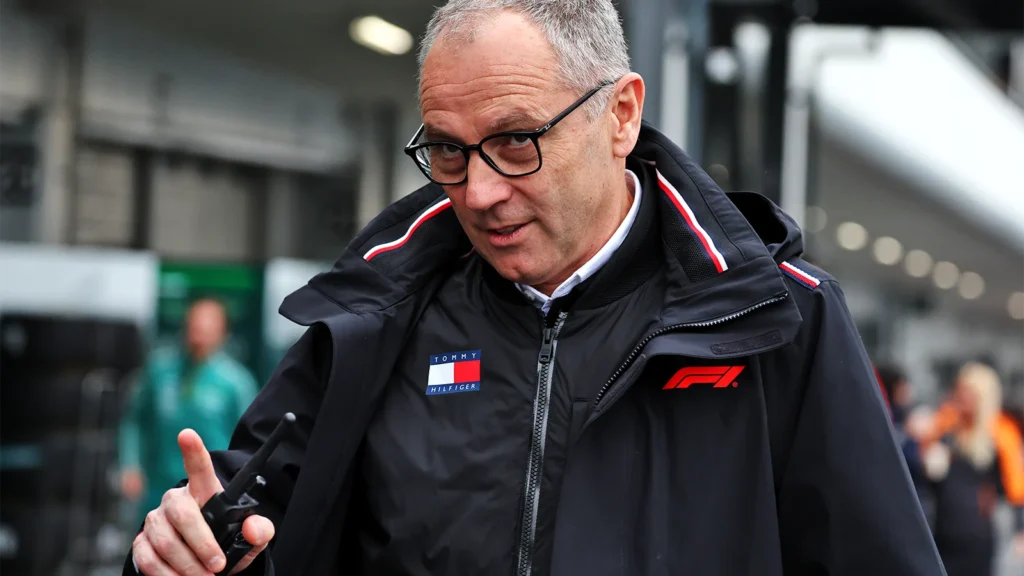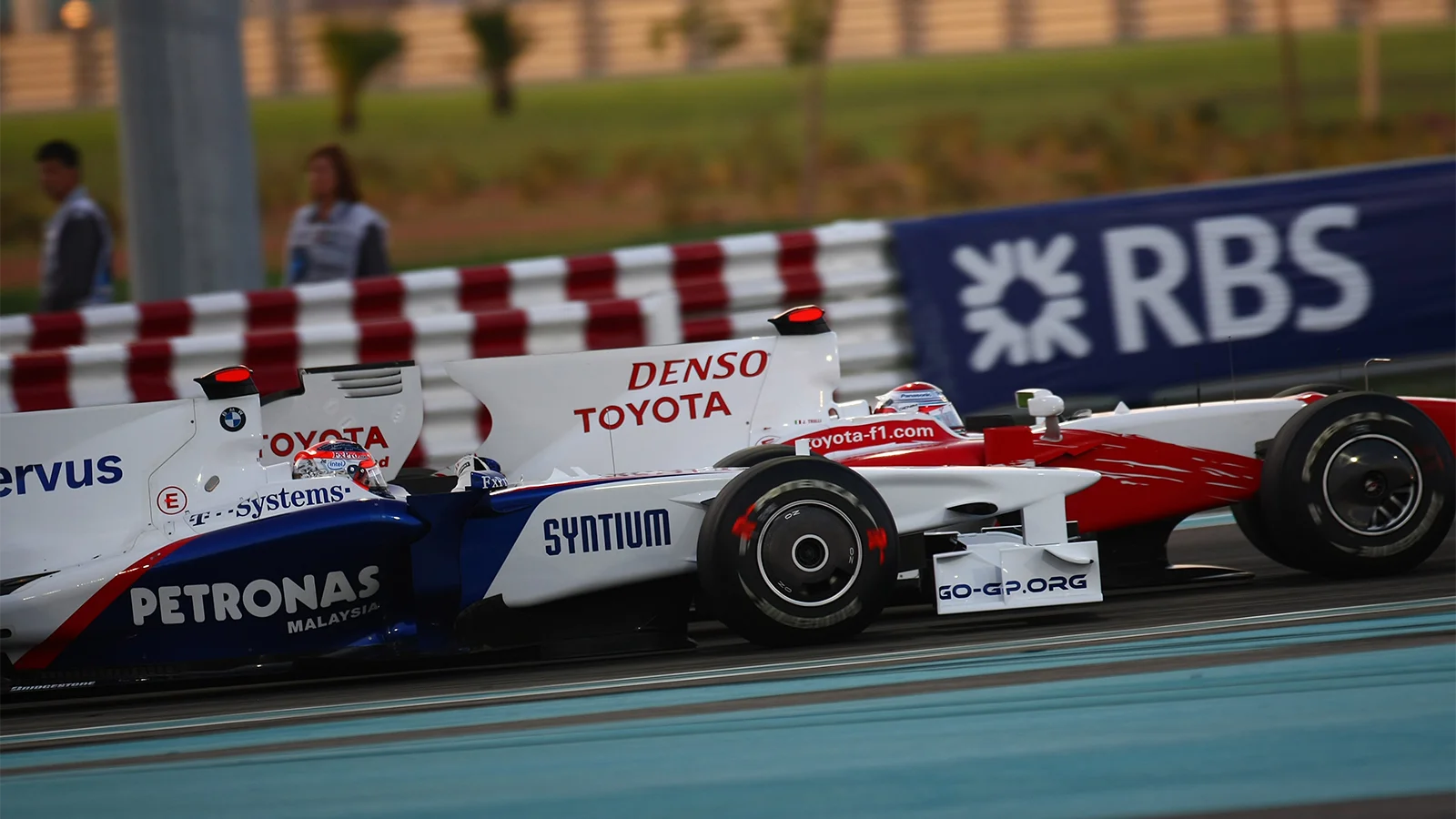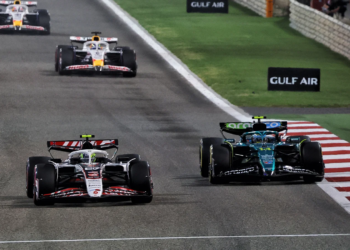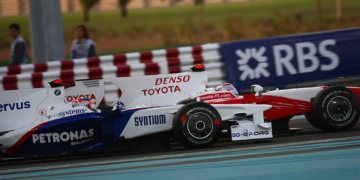Formula 1 CEO Stefano Domenicali has called for cheaper engines in the sport’s future to avoid an exodus of manufacturers.
The topic of cost-effective engines has become a key talking point in recent weeks, as the finances involved in developing the new 2026 power units have been raised as a downside for OEMs.
However, the 2026 power unit regulations were key in attracting Audi and Ford, along with the return of Honda to F1.
A reintroduction of internal combustion V10 engines with sustainable fuels has been floated as a future, cost-effective replacement for the 2026 hybrid formula, which was even under consideration for being scrapped.
On that note, Domenicali said in conversation with Autosport, “Someone tried to push for an extension of the current regulations – that would have been totally wrong.
“We must respect those who’ve invested heavily in this complex and costly project – changing the rules now would send the wrong message,” the Italian added.
“Questioning previous decisions on power units would be a huge mistake.”

F1 must avoid history repeating itself
Two years ago, Domenicali set out his intention of lighter, cheaper, more entertaining engines in the future, perhaps to follow the 2026 hybrid formula.
Conversations between the FIA, F1 and OEMs hinted at a future engine formula akin to that seen in 2009: V8s with KERS, albeit with sustainable fuels.
In 2009, wrapped by the global economic recession, several OEMs left F1 after the boom in the early 2000s.
Honda left on the eve of the ‘09 season, paving the way for the Brawn GP fairytale, but the departure of BMW and Toyota at the end of the campaign highlighted the impact of the global economy in F1.
Financial uncertainty has gripped the world once again as a result of US President Donald Trump’s tariff policy.
The global economy is at the forefront of Domenicali’s thinking when he speaks of his desires for future F1 engines.
“It would be naive not to consider that possibility, especially given today’s economic climate,” he said.
“Renault, after many years, has left F1.
“Let me be clear: major manufacturers are essential, but we’re also mature enough to know that, if a severe crisis hits the industry, big automotive groups might have to make tough decisions.
“That’s why we must simplify and significantly reduce costs, while maintaining a technical link to road-relevant technologies – like sustainable fuels, which can complement EV offerings.
“If a crisis forces some to pause their F1 programmes, we’ll be in a position to respond independently and find alternatives.”
READ MORE – F1 targeting 2026 power unit convergence to avoid dominance









